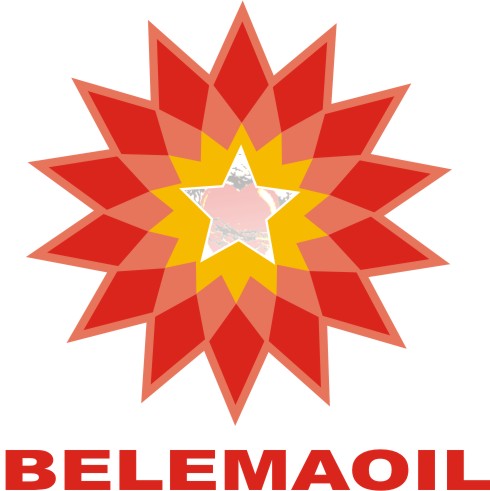Serious apprehension has emerged in the nation’s oil industry over who is really gaining much or losing more as far as the prevailing Oil Production Sharing Contracts (OPSC) is concerned.
OPSC is the contractual arrangement between oil production majors and the federal government via the Joint Venture system in the exploration and sales of crude oil in Nigeria.
On Tuesday, the Minister of State for Petroleum Resources, Dr. Ibe Kachikwu, claimed that Nigeria over the years is losing lots of money to Oil Production Sharing Contracts entered into with oil companies.
According to him, the terms of the contracts would change to enable the Federal Government to get more from oil production in the country.
The minister, who stated this in Lagos during a visit to the Egina Floating Production, Storage and Offloading vessel at the LADOL Free Zone, however, commended Total Upstream Nigeria Limited for pushing ahead with the project despite the slump in global oil prices at a time and the rising cost differentials within the period of the construction in South Korea.
Business Hilights recalls that when the idea of Egina FPSO was hatched, it was billed to cost no more than $3bn few years ago.
As time goes on, with the apparent devaluation of naira and other factors, the cost rose to $16n; a figure the National Assembly had earlier queried without a clear answer till date even though the same lawmakers visited the facility on arrival and saluted Total Nigeria for the feat after all.
However, on the claims by Kachukwu that Nigeria is at loss as far as the PSC is concerned, Business Hilights recalls that during a lecture by a top official of Chevron Nigeria and in fact, the General manager, Downstream Gas at Chevron Nigeria/M Africa, Mr. James Okereke at the AWARES 17 Class, Pan Atlantic University, Lekki, last year, he decried the huge loss being absorbed by oil majors in the prevailing PSC agreement.
He said “Whereas oil and gas remained the main contributor to government’s revenue, making over 90 per cent from Joint Venture, the federal government carries zero risk; zero investment and when the money comes, pockets two-third of revenues therefrom, after deduction of production cost”.
He said “The worst loss to oil companies comes when after huge investments in exploration, nothing was found or no commercial viability is seen. At this point, oil companies alone will bear the cost.
He noted that upon the one-third revenue share that is for oil companies, they are taxed.
“For companies that invested and took the risk, like Total did, and continued investing during that period, this is the time to hopefully reap from that,” he stated.
Apart from the position of the Chevron official, other top officials of oil exploration firms who spoke to our correspondent on Wednesday on the matter in unison averred that the PSC as it is currently structured remains negatively skewed against oil companies and very salutary for the federal government.
Kachikwu had noted that Nigeria would begin to look at its priorities differently, adding, “We are going to begin to look at what is the net value for the country in this huge project. We are not as a country very impressed with a lot of the PSCs that we have put together. We lose a lot of money in the process.
“We would like to see a lot of movement in those areas and in an era where we are going to be quite frankly rationing production. And as we begin to ration those numbers, we are going to begin to place emphasis on where we make more money.”
The Minister charged oil majors present at the event that “as you look at your numbers and the terms under which you want to develop these fields, please spend a good amount of time checking the bottom line and what goes into the Federation Account.”









